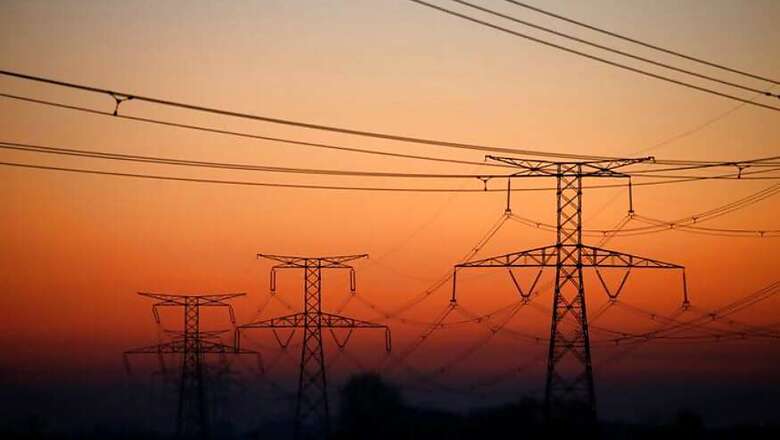
views
New Delhi: Finance Minister Nirmala Sitharaman on Saturday announced that Centre will privatize electricity distribution companies (discoms) in all its eight union territories.
The announcement was made as part of the fourth tranche of the Rs 20 trillion stimulus package to fight the economic adversity due to the coronavirus pandemic.
“It will lead to better services to consumers and improvement in operational and financial efficiency in distribution," Sitharaman said.
Unlike discoms in states governed by the respective governments, those in Union territories are directly administered by the central government.
The move comes in the backdrop of the government on Wednesday announcing a reform-linked Rs 90,000 crore bailout package for fund-starved discoms, along with concessional tariffs.
Odisha was the first state to privatize its power distribution sector into four discoms in 1999. This was followed by Delhi, which privatised three of its discoms in July 2002: BSES Rajdhani Power Ltd (BRPL), BSES Yamuna Power Ltd (BYPL) and Tata Power Delhi Distribution Ltd.
Sitharaman said along side the government is working on the new tariff policy. The proposed national tariff policy; includes penalty on unjustified power cuts, not allowing losses of more than 20 per cent as a pass-through in tariff, and limiting cross-subsidies. The policy will help reduce the cost of power and has been cleared by the empowered group of ministers and will be taken to the next meeting of the Union cabinet.
The National Democratic Alliance (NDA) government has readied a raft of power sector reforms, including implementing the direct benefit transfer (DBT) scheme in the electricity sector for better targeting of subsidies and instilling financial discipline at discoms.
India’s electricity distribution reforms scheme — tentatively named Atal Distribution System Improvement Yojana, aims to cut electricity losses below 12%. India’s average aggregate technical and commercial loss are currently at 21.4%. The scheme aims to ensure continuous supply of power, by privatizing state-run discoms and negating tariff gaps. Prepaid smart meters will be made mandatory across the power distribution chain, including 250 million households.



















Comments
0 comment